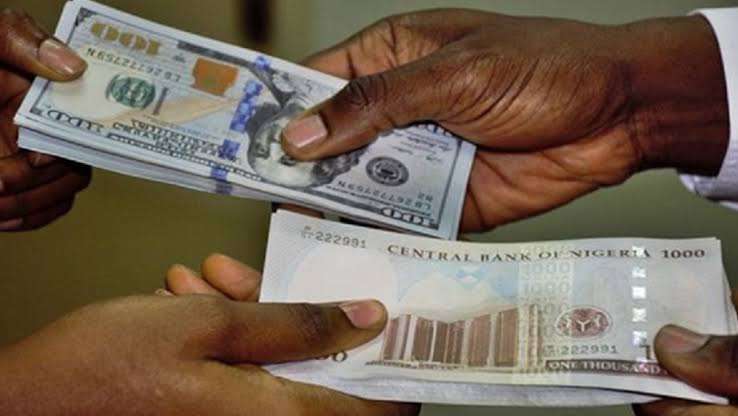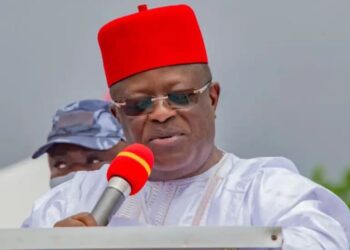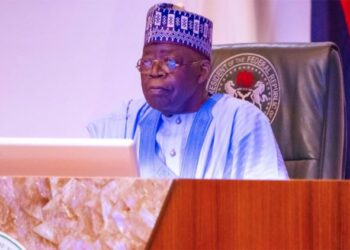The naira has appreciated to N970 per dollar on the black market, as government’s plans to shore-up dollar liquidity in the foreign exchange (FX) market, triggered positive sentiments.
Street traders were already buying dollars at the rate of N950 at the weekend as against N1,130 bought on Thursday last week.
Speculators who have been hoarding dollars for arbitrage are now offloading the same to avoid losing money.
“There are enough dollars in the market now. People are now bringing out dollars. Dollar rate will fall further next week,” Abubakar Ibrahim, black market operator, said on Friday.
Before now, people were buying dollars ahead for future needs, like education fees for January but with the government’s efforts to increase dollar liquidity, demand has reduced on the expectation that the rate will drop soon.
There has been a steady rise in foreign exchange (FX) reserves in the last one month, as naira strengthened against the dollar, with the Central Bank of Nigeria (CBN) clearing part of the FX backlog, a development seen to restore confidence in the economy.
Nigeria’s external reserves rose by 0.51 percent to $33.39 billion at the end of October compared to $33.22 billion recorded at the beginning of the month, according to the data from the Central Bank of Nigeria.
The local currency has, in the last few days, appreciated against the dollar, gaining 22.13 per cent (N290), as the dollar fell to N1,020 on Friday from the peak of N1,310 on Thursday last week on the black market.
The CBN had said it has started clearing the backlog and delivered on over 75 per cent to 80 percent of outstanding matured FX forwards in some specific banks.
“The CBN is clearing only forwards to banks. I understand that it’s done for CIti and two other international banks. I believe that their swap positions with the CBN are much smaller than what they have with the local banks such as Access, Zenith, UBA, among others,” he said.
Governor of the Central Bank of Nigeria (CBN), Olayemi Cardoso, has reiterated that under his leadership, the Bank will focus mainly on the core mandate of achieving price stability.
“At the end of our tenure, we want to look back and see that our policies have positively impacted people’s lives,” Cardoso said.












